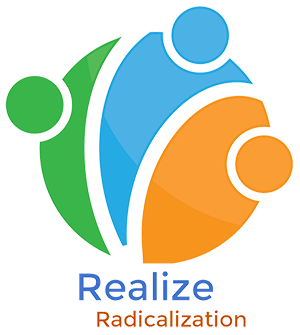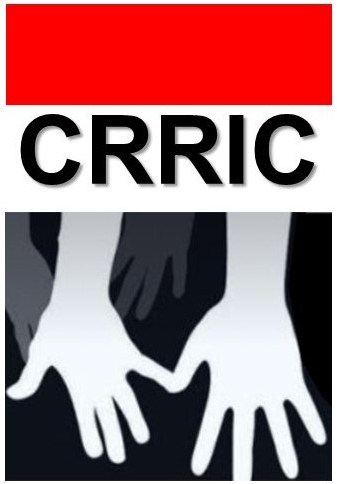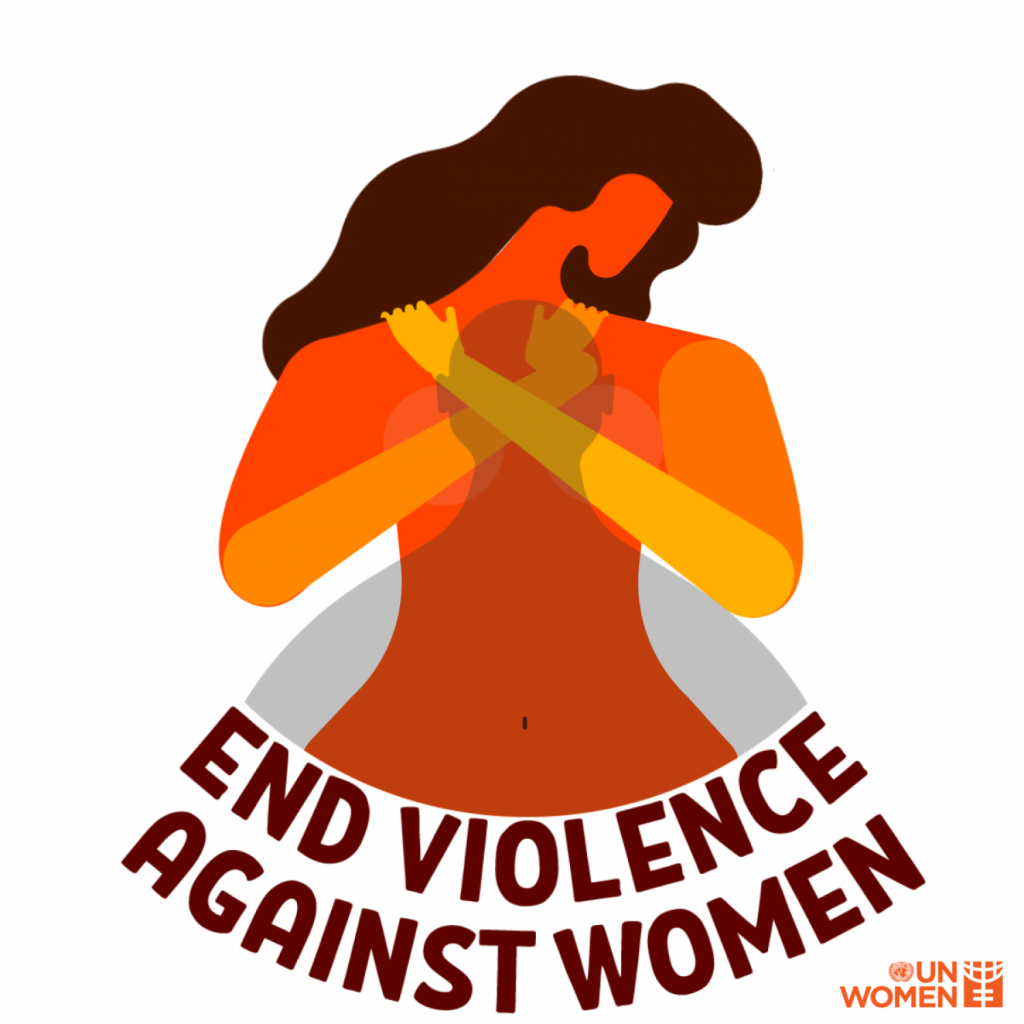International Day for The Elimination of Violence Against Women: How Can We Support Women and Girls?
Khujista Rahman, Researcher, CRRIC
Violence against women and girls is one of the most persistent human rights violations we see in our society. Women and girls face discrimination in all spheres of life – whether it is public or private; psychologically, physically, sexually, or financially. Such violence remains largely unreported due to the silence, stigma, and shame surrounding it.
To commemorate the International Day for the Elimination of Violence Against Women, the Conflict and Resilience Research Institute Canada hosted a webinar during which our esteemed speakers, Darcia Senft, Ileah Ouimette, and Zarah Chowdhury highlighted recent examples of violence and systemic discrimination against women, as well as the measures that should be taken to create a safer and equitable environment for women to succeed. The purpose of this piece is to help individuals understand the importance of advocating for the protection of women and promoting gender equity within every aspect of life.
Our society has long favoured men and boys over women and girls. The favouring of men and holding patriarchal gender ideals is pervasive – it is rooted in our social psyche and deeply embedded in policies, institutions, and family hierarchy. Much touted gender ideals maintain the unequal power relations between men and women and perpetuate the idea of women being inferior to men, which often leads to violence towards them. Despite the achievements made by feminist movements, women’s repression is still ensured by our very own institutions such as our very own household, the elementary school you attended, the police force in your community which is supposed to protect you, and the workplace that allows unjust treatment towards women. Violence against women and girls will continue to exist unless women are given the same rights, social protection, and safety nets as their male counterparts.
Some instances of violence against women and girls that persist in our society today:
- Honour killing
- Forced marriage
- Trafficking of women
- Lack of maternity leave
- Rape used as a war tactic
- Online sexual exploitation
- Missing and murdered indigenous women
- Young girls and women denied their right to education
- Victims of domestic violence ostracized by their communities
- Women are underpaid compared to their male counterparts in similar positions
- Refugees and internally displaced women in conflict regions used for sexual slavery
- Women face unwanted and violent advances in the workplace but are silenced when it is reported
- Countries with discriminatory divorce rights – where men can divorce their wives without a reason
What can we do collectively as a society to support women? Change begins at the community level. You can begin with making a conscious effort to promote gender equity in your private and public spheres.
- Make rights’ related information accessible
- Educate older and newer generations to challenge harmful cultural norms
- Incorporate gender mainstreaming in projects and programmes at your workplace
- Take part in grassroots level activism in your communities to raise awareness about violence against women
- Be an equal parent; divide the labour at home and take turns switching your roles so that children understand that there are no rigid roles fixed to gender
- If you are a higher-level employee or in a position of authority, mentor women and girls entering the workforce
- Don’t be a bystander – if you see something, say something, whether it is a friend making a misogynistic comment on social media or a stranger approaching a woman
- Normalize talking about violence against women so those who are in abusive relationships recognize the signs
- Stop victim-blaming and believe women – women should be given the same benefit of the doubt as to their male counterparts
- Organizations and government agencies should provide remedies and services to victims of abuse
- Implement inclusive reporting policies to protect women from discrimination at your workplace
The work does not stop here – it is our responsibility to recognize and unlearn the gender stereotypes and patriarchal norms that were taught to us. We should continue to make efforts to give women the same liberties and raise our voices against violence, sexism, and misogyny against women and girls.
You can access our COVID-19 & Human Rights in Canada webinar on YouTube channel





